We won’t sugar coat it. The reality is that food waste has serious consequences for our planet. Right now in the US, over 18% of our cropland, 19% of our fertilizer, and 20% of our freshwater goes towards growing food that goes to waste. Food waste isn’t just an environmental issue though. There are big financial consequences as well. A family of four ends up tossing $190 of their paycheck into the trash each month in the form of wasted food. We know all too well that these statistics can feel overwhelming but the good news is that while it is one of the biggest problems facing our environment, food waste is also one of the easiest problems to start to solve! Everyone can get involved and we want to empower you to do what you can to help. In the spirit of Earth Day, here are easy, actionable tips for reducing waste at home:
Shop your fridge before shopping the store
One of the easiest ways to cut back on waste is to re-think the lifecycle of food in your house. A lot of food waste happens simply because we forget what we’ve already bought and made and buy new food instead of using up leftovers. Give leftovers priority, start your meal plan based around what you have, and make regular fridge purge recipes like soups, stews, and casseroles a key part of your cooking. To make this easier, always label and date leftovers (keep a sharpie and masking tape around for this purpose) so you can quickly see what’s in your fridge, judge if it’s still good, and find fun ways to use it up! Stock your pantry with versatile grains, spices, and dried goods so you have a good supporting cast of characters to mix up leftovers and give old dishes new life.
When you shop, shop with a list and a plan
Before you set foot in a store or log on to your Imperfect account, do some meal planning. Think ahead to what meals you need to make in the coming week and what ingredients you can overlap between them. Are there ways to re-purpose leftovers from one meal into the next meal? This way you’ll buy the right quantity of food for your schedule and save time on cooking throughout the week. Shopping with a list every time is also a great way to save time and money at the store and avoid unhealthy impulse purchases.
Store your food properly.
How we store our food has big consequences for our wallets and the environment. You may not take 2 hour-long showers, but that’s how much water you waste when you throw out a pound of cheese. Store cheese loosely wrapped in wax paper instead of plastic wrap to keep it fresh longer. Keep avocados in the fridge and herbs in a jar of water to keep them fresh longer. For more storage tips, consult your handy Imperfect storage guide or use this awesome online guide from SaveTheFood. Remember that your freezer isn’t just for ice cream too (though we do love it) ; it can be your best friend when it comes to extending the life of cooked dishes for months!
Cook “root to leaf!”
You’d never buy a pair of socks only to throw one of them away when you got home. So why treat your vegetables that way? From carrot tops to broccoli stems, how often do you use every piece of the produce you pay for? How much of your grocery bill are you throwing away? The good news is that your stems, leaves, peels, and scraps are actually just delicious recipes in the making. From carrot leaf pesto to citrus peel vinegar, there are so many great ways to use every bit of your produce. Need a helpful primer with some recipe ideas? Check out this great overview of root to leaf eating!
Let food culture be your guide!
Robin, our organic supply guru, is fond of saying “every challenge is an invitation,” which definitely applies to food waste. Whenever you’re feeling challenged by the stress of letting something go to waste, remember that food cultures around the world have been solving this problem for thousands of years. Some of our greatest and most delicious food from bacon to kimchi emerged out of the need to preserve food! Stale bread is just asking to become croutons. Excess cabbage is waiting to become sauerkraut. Your vegetable scraps and leftovers can be delicious in your next batch of stock. Once you start thinking this way, keeping food from going to waste stops being overwhelming and becomes empowering.

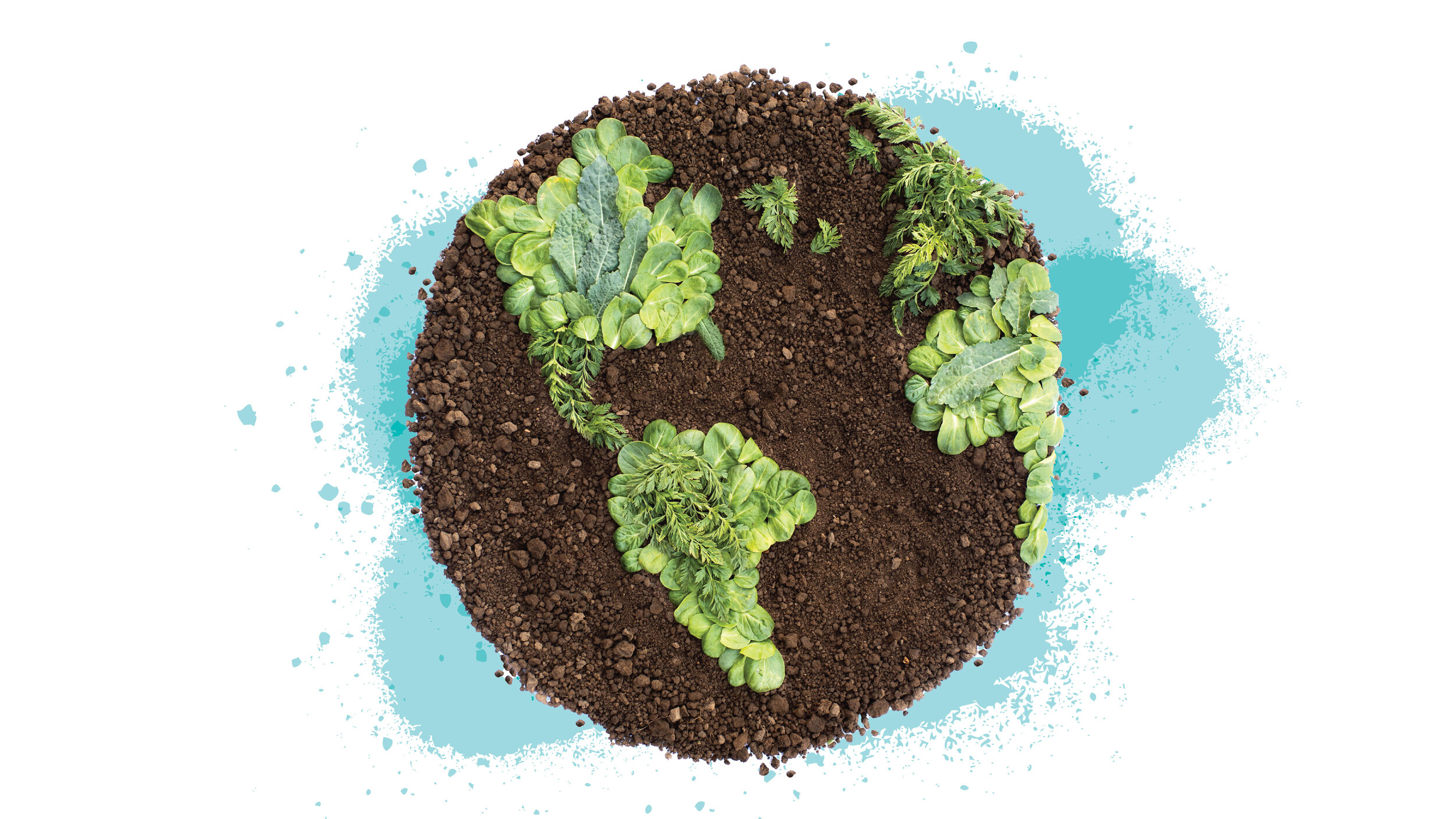


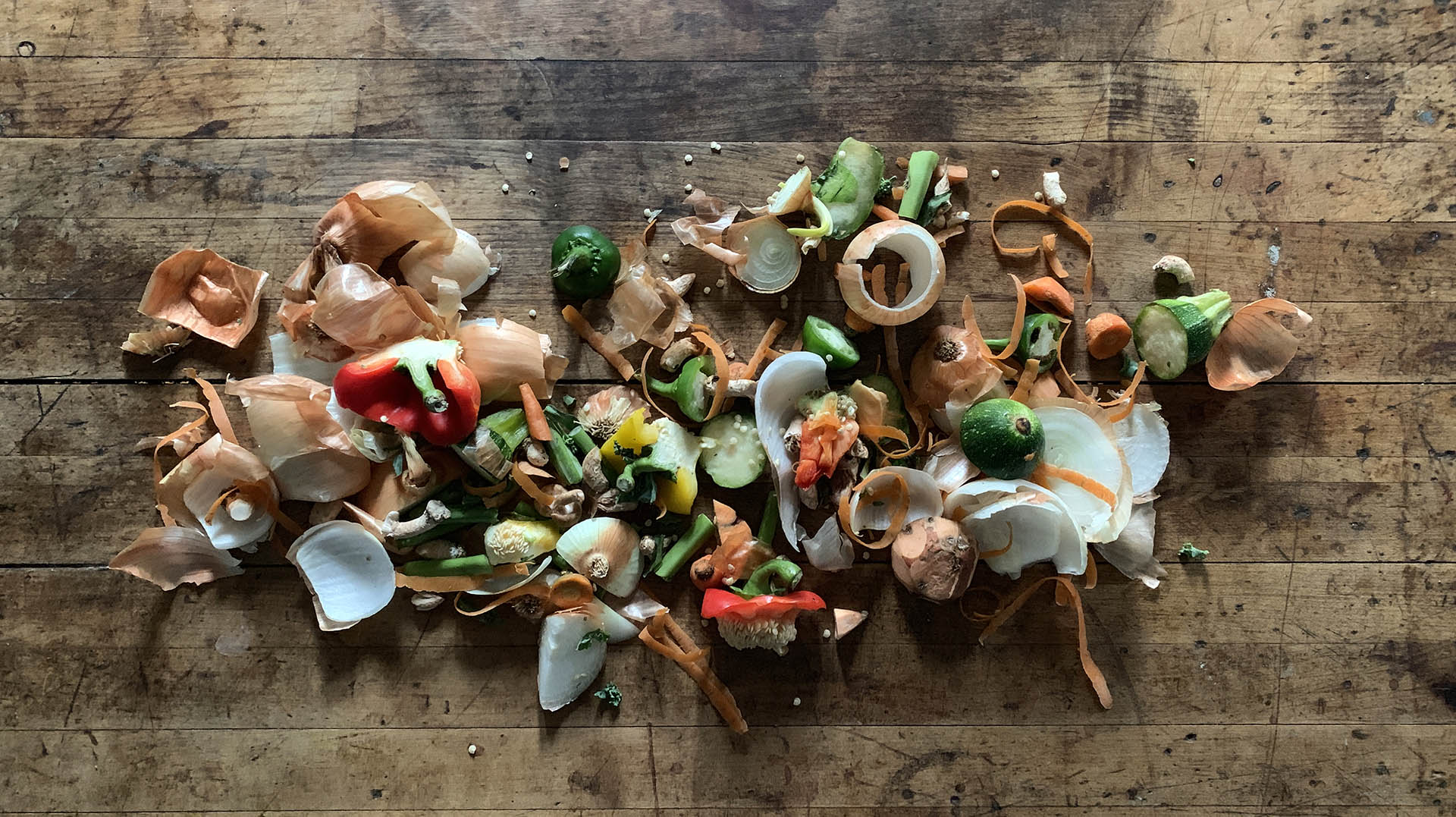
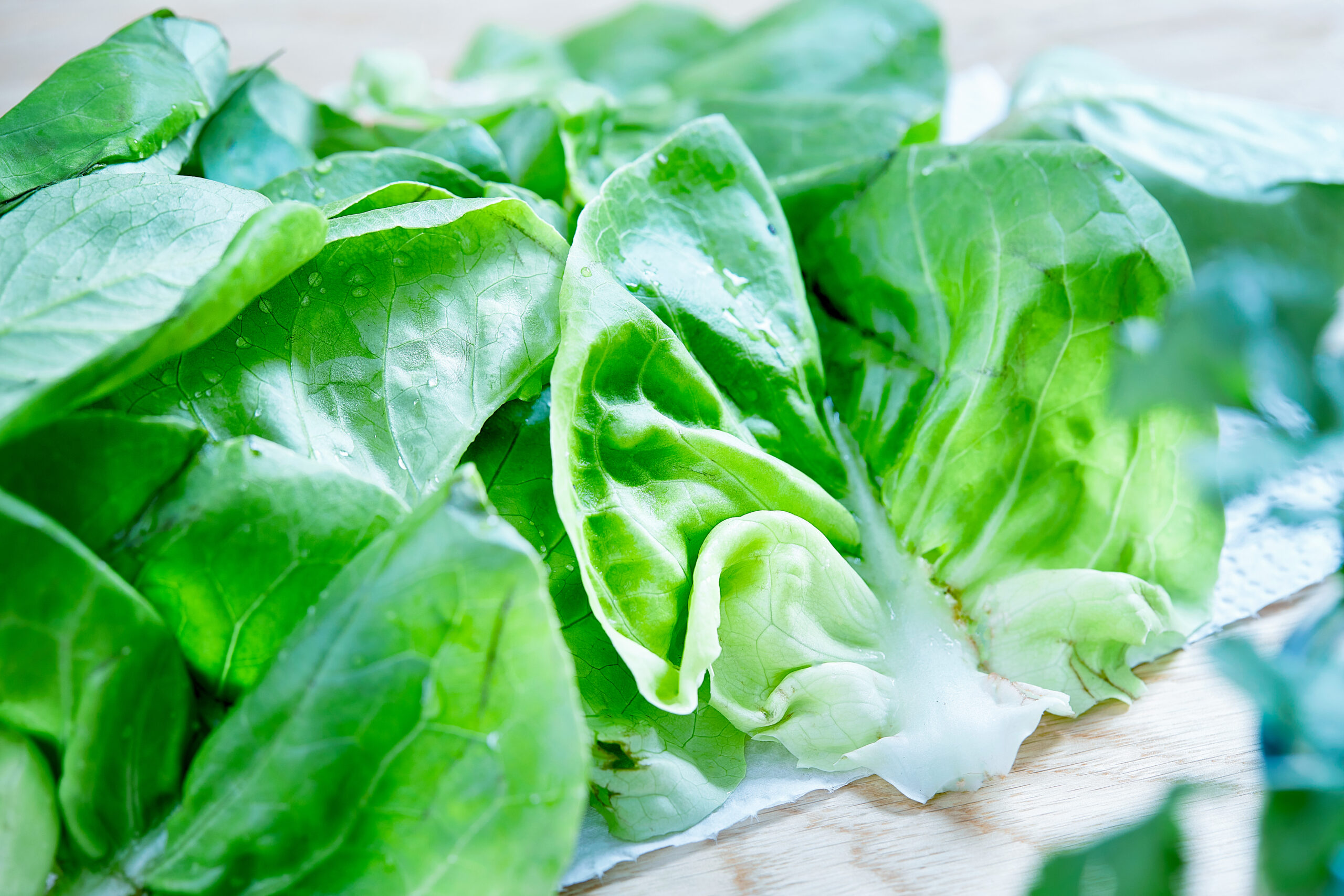
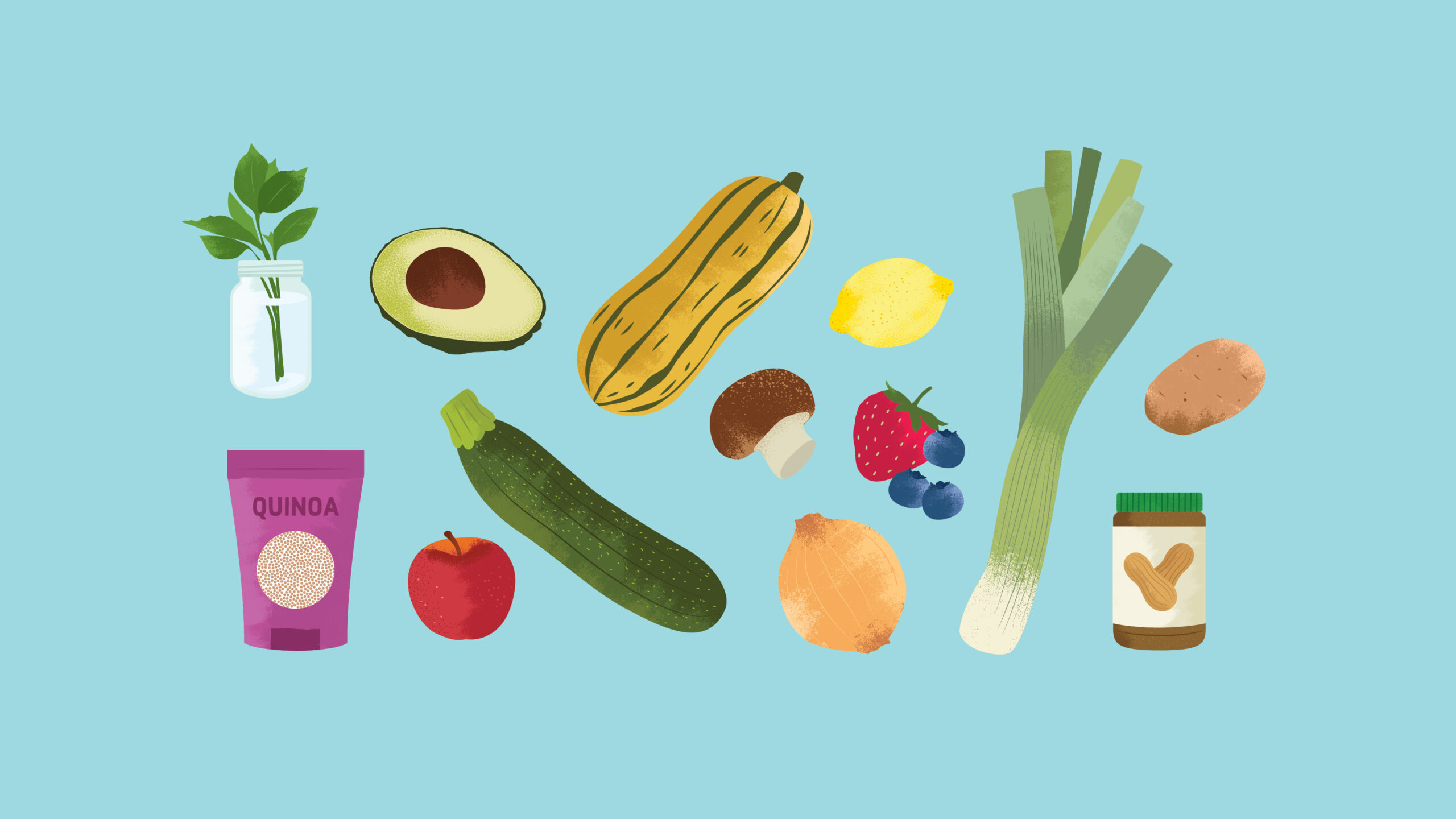

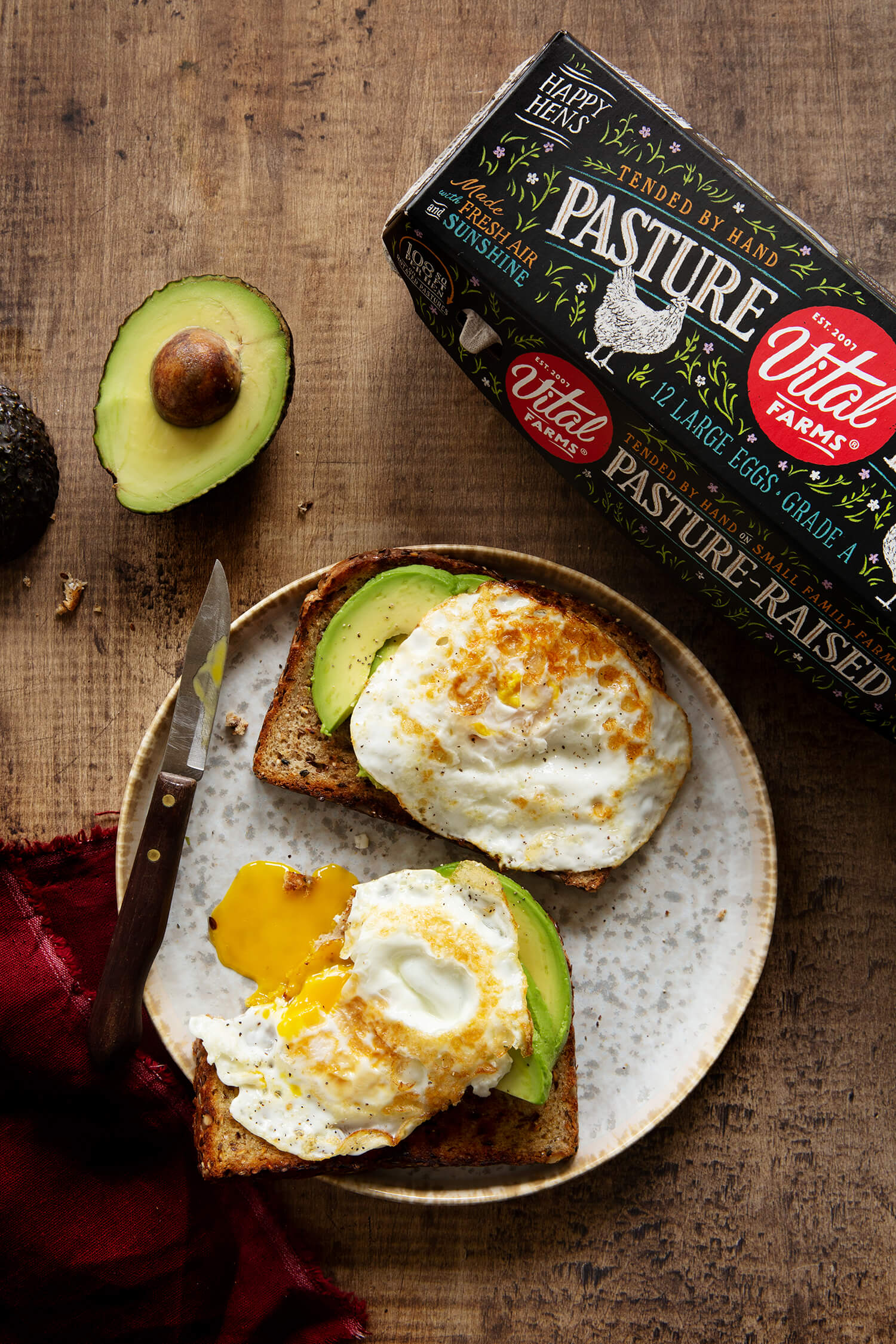

Good to know that works too! I learn so much from you as well! Keep it up great post. https://www.gmdrecipes.com/delicious-homemade-margherita-pizza-recipe/